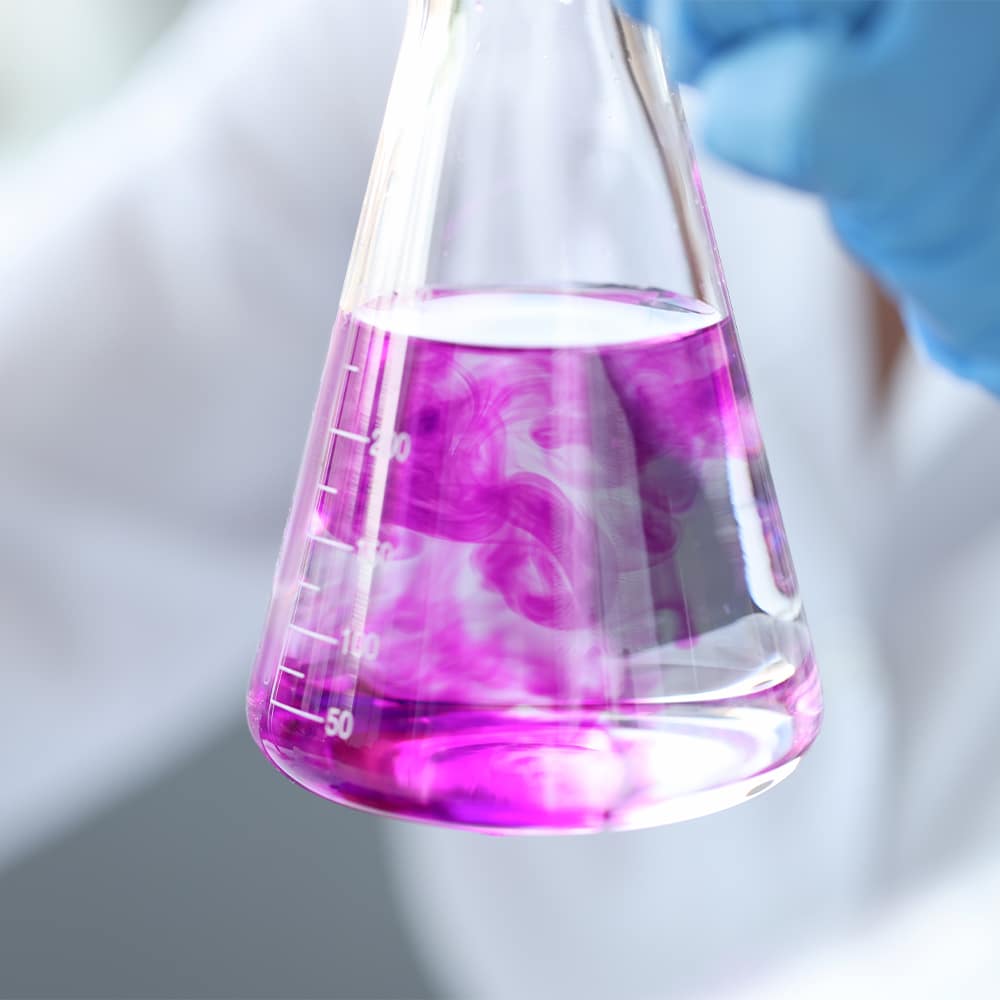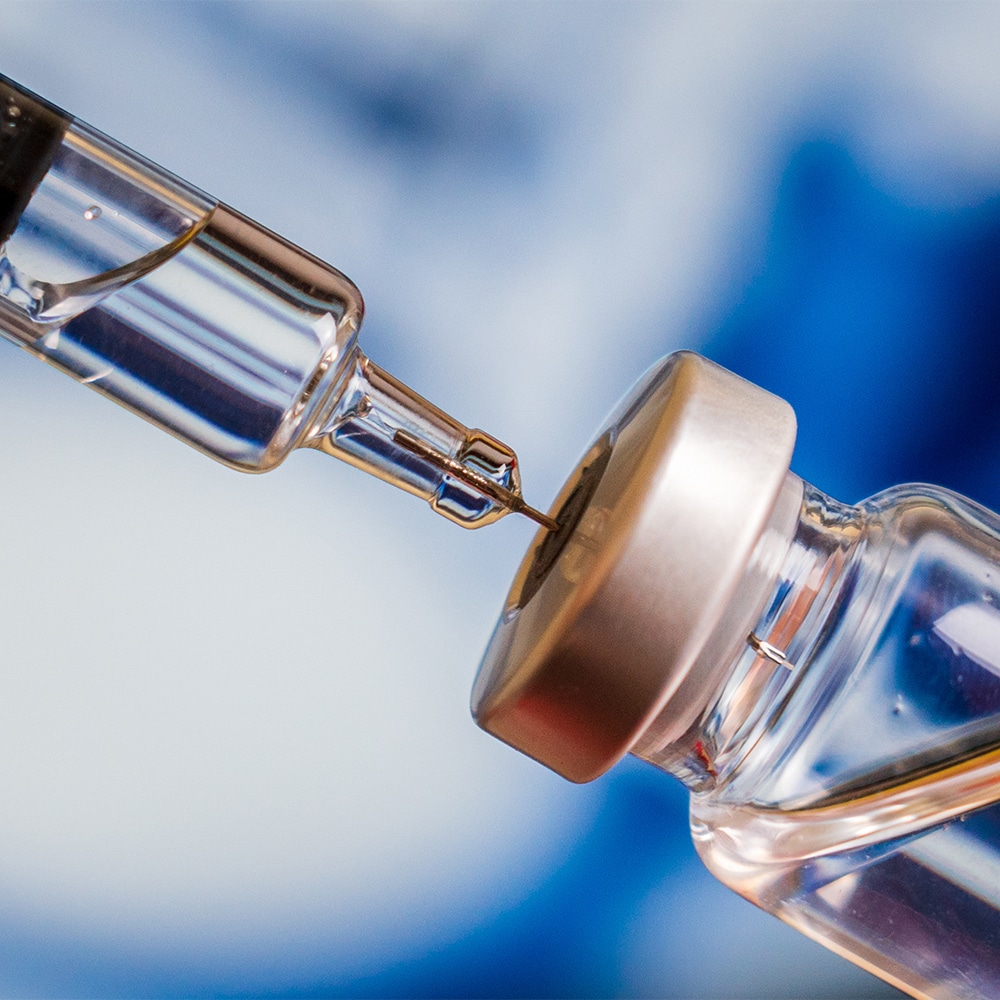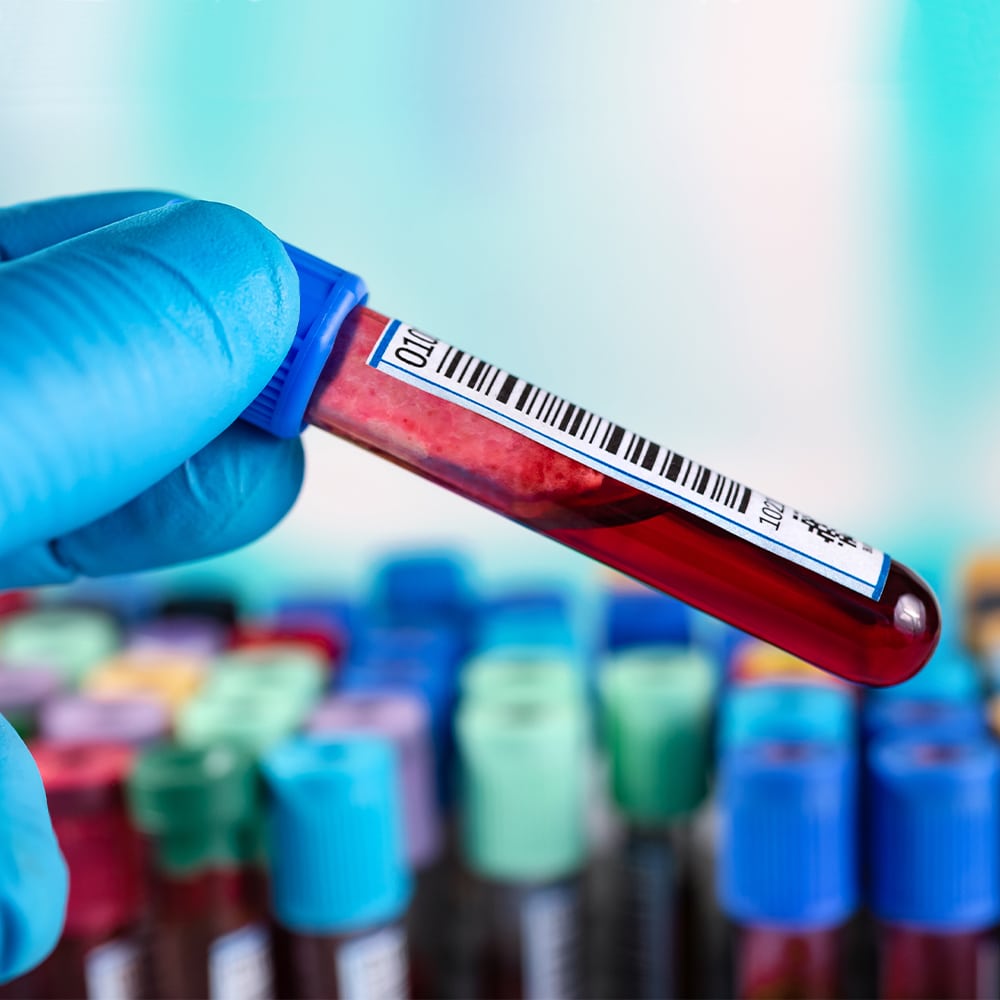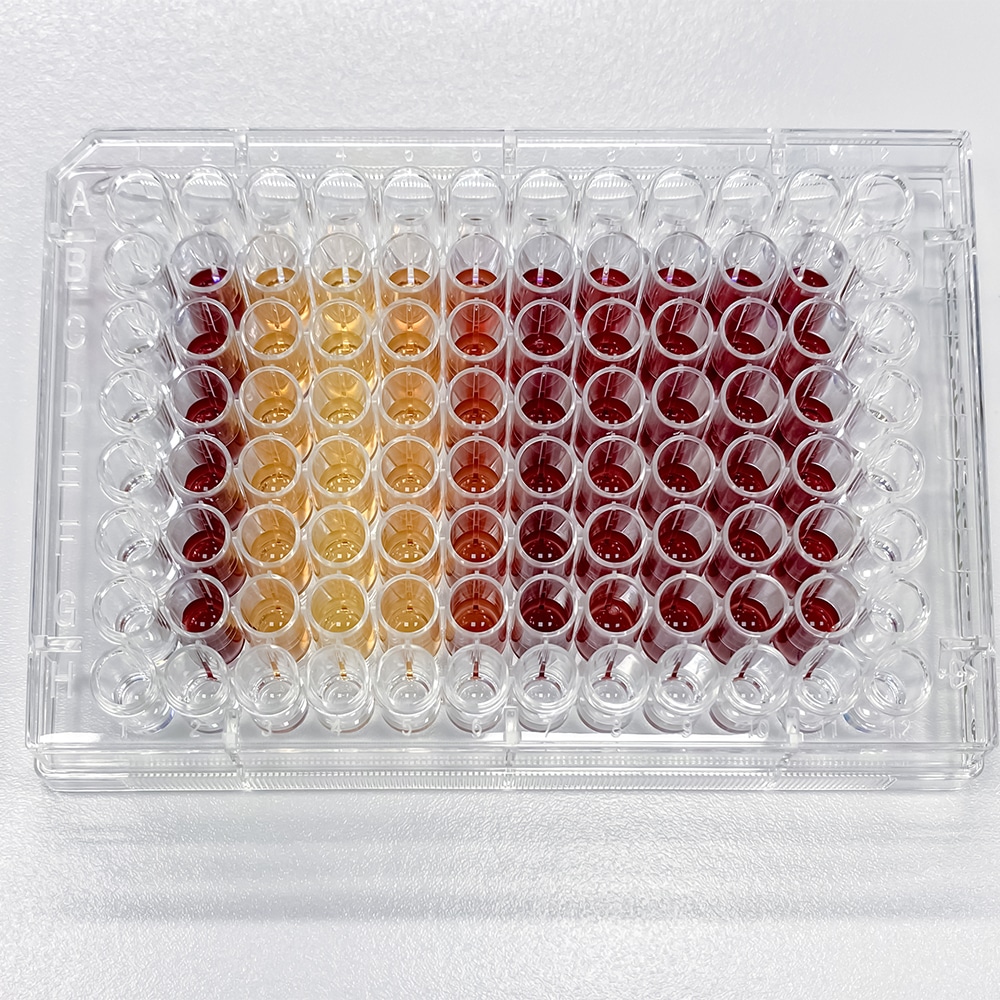summary
What Is Systemic Toxicity?

What is a Systemic Toxicity Test?
A systemic toxicity test evaluates whether substances extracted from a medical device cause adverse effects when administered into an organism’s body. In this study, ME-92’s coating extract was evaluated using:
- Two extraction vehicles: 0.9% Sodium Chloride (saline) and Sesame Oil
- Two administration routes: Intravenous (IV) and Intraperitoneal (IP)
- Test species: Mice, in accordance with ISO 10993-11
Animals were monitored over 72 hours for:
- Clinical signs of systemic toxicity (e.g., prostration, convulsions)
- Mortality
- Weight loss (≥2g considered significant)

ME-92 Systemic Toxicity Study Summary
ME-92’s proprietary thin dense chrome coating, applied to 304 stainless steel (Lot #38408), was tested at NAMSA, a globally accredited lab.
- Number of animals tested: 20 mice (10 for each extract group)
- Mortality: 0%
- Clinical signs: None observed in any test or control group
- Weight changes: All animals maintained or gained weight within normal range
Each extract and dosage route met the requirements of ISO 10993-11 for acute systemic toxicity.

Why Toxicity Testing Matters

Systemic toxicity testing confirms that ME-92 coatings are safe for full-body exposure—a critical factor for medical devices used internally. These results strengthen ME-92’s profile as a biocompatible coating suitable for surgical implants, blood-contact devices, and tools requiring systemic safety assurance.

Partner With Us
Systemic safety is non-negotiable. Trust ME-92 to deliver biocompatible coatings that meet ISO standards across every layer of patient protection.





